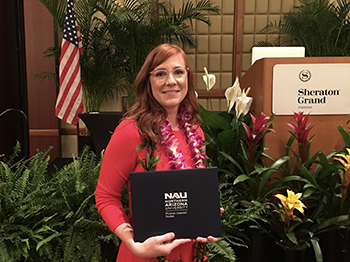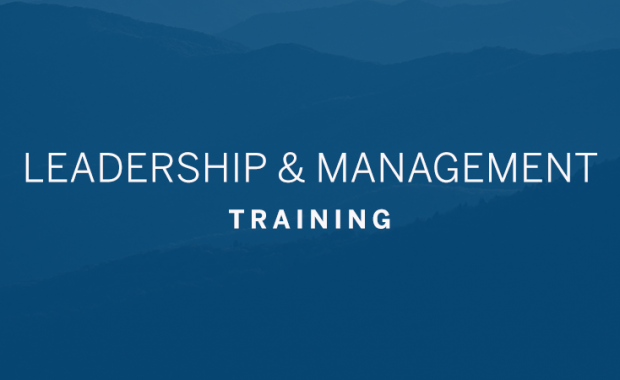Career Resources

Tips for New PAs on How to Grow Your Role at Work
Are you a new PA who is ready to grow your role and increase responsibilities at work? Two members of the Early Career PA Commission, Allyson Hamacher, PA-C, and Jack Ward, PA-C, share tips for other early career PAs.

Leadership & Management Training Courses
These 1-hour online courses focus on topics such as billing and reimbursement, compliance, leadership styles, metrics, and advocacy.

How PAs Can Take on More Responsibility Without Burning Out
As we advance in our careers, it’s natural to want to take on more responsibility. But there’s a tricky balance – we don’t want our PA practice or our enthusiasm for healthcare to suffer. Follow these four tips to take on more without burning out.
Your Step-by-Step Guide for Starting a New Job
Use our checklist to be prepared to start practicing strong on day one.

How to Find Your Voice at the Leadership Table
Looking for ways to ensure that your voice is heard at the leadership table? Alisha T. DeTroye, MMS, PA-C, DFAAPA, director of PA Services at Wake Forest Baptist Health and president-elect of North Carolina Academy of PAs, shares her tips.

Find Your Passion at Any Stage of Your PA Career
Whether you are just starting your PA career, are in mid-practice, or near retirement, be cognizant of what drives and ignites you. By taking inventory, considering new initiatives, and talking to other PAs, you can find your passion.
Three Steps to Making a Non-Clinical Career Move
The PA profession offers unique latitude and flexible employment opportunities across the medical spectrum. For those PAs interested in non-clinical career options, Jennifer Hohman, founder of PA Career Coach, offers tips and ideas for your next steps.
PA Student to PA: Navigating the Transition
While the transition from program to practice may seem overwhelming and nerve-wracking, PA students can set themselves up for a successful career start with these tips.
PA Executive: Javier Esquivel-Acosta
Physicians have traditionally filled the roles of medical directors. However, with the right background and determination, many PAs have shown they, too, have what it takes to be successful in those positions. One prime example is PA Javier Esquivel-Acosta, who for several years served as associate medical director at the Foothill Community Health Center (FCHC) in San Jose, Calif. The center oversees a number of local health clinics throughout the area.
Effective Career Navigation Starts With Self-Assessment
One of the great, unique attributes of the PA profession is its breadth of career possibilities across the spectrum of medical, and increasingly, nonclinical practice.
PAs in Administration
For Sheri A. Shebairo, MBA, PA-C, getting to the bottom of an issue has been a driving force throughout her professional life. Her first career was as a television news reporter in New York, but she always knew she wanted to have a more personal impact on the lives of others.

Resumes and CVs
A resume or curriculum vitae (CV) is your opportunity to impress potential employers. Here are some tips and templates for your resume or CV.
Clinical Preceptor Recognition Program
AAPA recognizes the hard work of preceptors through its Clinical Preceptor Recognition Program.
Distinguished Fellow Program
AAPA honors Distinguished Fellows for leadership, service, and contributions made to the PA profession.
How to Mitigate Negative Job References
Even the most successful PA career hits the occasional snag that can make transitioning to a new position challenging. Aside from potential contract disputes, a frequent trouble spot is obtaining a positive reference from a former employer with whom there was a conflict. Find out how you can deal with negative job references.

